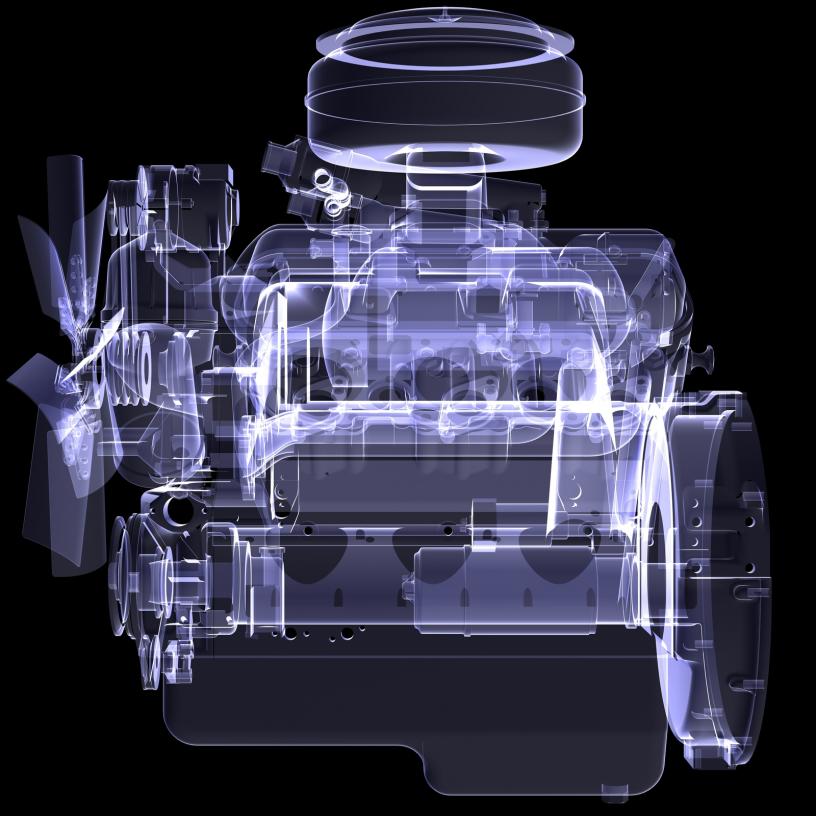For orders and details please call 726-999-0231
DIY ECM Programming: What You Need to Know
In the last two decades or so, engine design and engine management systems have evolved in a significant way. This is especially true with regard to diesel engines.
Natural aspiration has given way to forced induction, and mechanical fuel delivery systems and governors have been replaced by electronic engine control modules (ECMs).

This evolution has resulted in two significant developments—vast engine performance and efficiency gains and the ability to modify the engine’s performance by reprogramming the engine’s ECM.
Why DIY ECM Reprogramming Has Become So Popular
With skyrocketing fuel costs and constantly tightening emissions regulations, businesses in the construction and trucking industries are realizing the need to improve the performance and fuel economy of their equipment and vehicles.
Consequently, DIY ECM reprogramming has become hugely popular. Many business owners are either downloading different maps into their vehicles’ ECMs themselves or are paying “chipping companies” to do it.
DIY ECM reprograms generally involve modifying the fuel mapping by either altering the duration of the injection, changing the air-to-fuel mixture, or boosting the fuel pressure in the system.
This increases the pressure of the combustion in the cylinders, which leads to the creation of more torque and power. An industrial vehicle that has more torque and power can do the job better and faster.
The Problem with DIY ECM Reprogramming
There’s been a huge influx of diesel engine tuning software that you can download off the internet, connect it to your vehicle, and play around with the different parameters of your engine. But while ECM reprogramming can deliver significant performance and efficiency gains (if done right), it can also be quite risky.
You see, your diesel ECM’s factory firmware is a delicately balanced system that takes all kinds of engine parameters into account. If you “tweak” even one of these parameters, you could upset this balance, and will have to make other adjustments to restore it.
Many DIY programmers just alter a single parameter and leave the others untouched. While this can boost performance or fuel-efficiency in the short-term, it can have a severe impact on the engine’s longevity. In some cases, it can result in component failure and even total engine failure.
If you really want to reprogram your vehicle’s ECM for better efficiency or performance, make sure you get it done by a certified technician who has the tools and the knowledge to modify the parameters and achieve better performance/fuel efficiency in a safe manner.
If you’re looking to get your Caterpillar ECM reprogrammed, get in touch with us at CATECM. In addition to ECM reprogramming services, we also offer ECM repair and replacement services.

